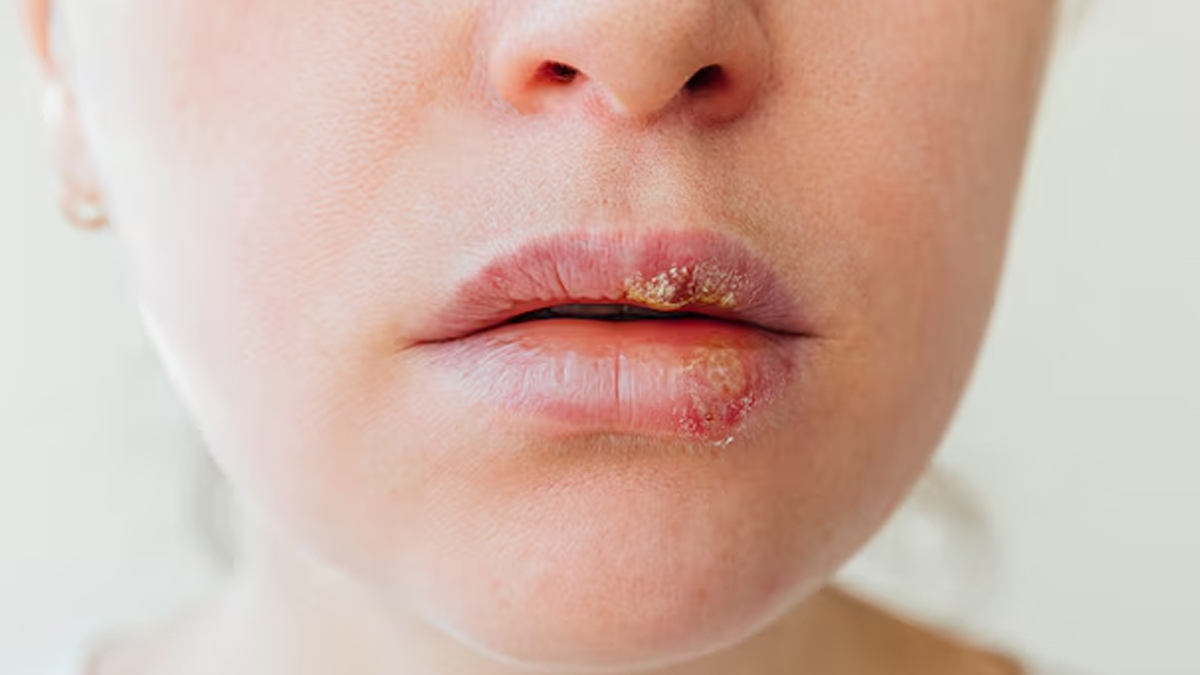
You’re feeling tired all the time, your skin’s acting up, your hair feels limp, and your mood’s all over the place. But when you go online to search for answers, everything seems to point toward a vitamin or mineral deficiency. The catch? You don’t have time (or maybe the budget) to get a full blood workup done.
Table of Content:-
So, is it possible to spot nutrient deficiencies without a blood test? Surprisingly, yes, your body often gives clues when something’s missing. Of course, nothing replaces lab work when it comes to accuracy. But if you know what signs to look for, you can get a pretty good idea of what might be going on inside.
How to Know If You’re Nutrient-Deficient Without Any Blood Tests
Here are some of the most common signs of nutrient deficiencies and how to interpret them.
Fatigue That Doesn’t Go Away

If you're sleeping fine but continuing to wake up exhausted, your body could be deficient in:
- Iron: Iron-deficiency anaemia is one of the most frequent causes of persistent fatigue, particularly in women who menstruate. You may feel breathless or lightheaded too.
- Vitamin B12: This nutrient keeps nerves healthy and energised. If your levels get too low, you'll feel tired, groggy, and even depressed at times.
- Magnesium: Muscle weakness and fatigue can be caused by a lack of magnesium.
Hair Thinning or Hair Loss
Before you blame stress or genetics, know this: hair is one of the first things to be affected when your body is nutrient-deficient.
- Biotin (Vitamin B7): A key player in hair health.
- Zinc: Essential for hair tissue growth and repair.
- Iron: Again, very commonly linked with hair fall in women.
Cracked Lips or Mouth Sores

If your lips are constantly chapped, or the corners of your mouth crack frequently (a condition called angular cheilitis), it could be due to:
- Vitamin B2
- Vitamin B3
- Iron or Zinc
Pale Skin or Dull Complexion
Your skin is like a mirror for what’s happening inside your body. If it’s suddenly looking washed out or lacks its usual glow, that might be a sign of:
- Iron deficiency
- Vitamin B12 deficiency
- Vitamin C deficiency
Tingling, Numbness, or ‘Pins and Needles’
These weird nerve sensations aren’t always just from sleeping in a weird position. They can be a red flag for:
- Vitamin B12 deficiency
- Vitamin B6 deficiency
Frequent Illness or Infections
If every cold seems to find you, or minor wounds take longer to heal, your immune system may be struggling due to:
- Vitamin C deficiency
- Zinc deficiency
- Vitamin D deficiency
Mood Swings, Anxiety, or Low Mood
Mental health isn’t just about your mindset, it’s deeply connected to your nutrition.

- Omega-3 fatty acids: Essential for brain function and mood regulation.
- Vitamin D: Frequently associated with symptoms of depression, particularly in low-sunlight regions.
- Magnesium: Involved in managing stress and anxiety.
What You Can Do (Before Booking a Test)
Keep a Symptom Journal: Record what you're feeling, what you're eating, and any regularities you find.
- Vary Your Diet: Eat whole foods, leafy greens, nuts, seeds, fruits, legumes, and good fats.
- Take a Multivitamin for a Few Weeks: Not a permanent solution, but a short-term fix can make a difference if you're not getting the basics.
- Catch Some Sun: Particularly for vitamin D, only 10–20 minutes per day is enough.
- Listen to Your Gut: When you have trouble with bloating or gas, your body may not be as good at absorbing nutrients. Improving gut health can lead to better absorption.
[Disclaimer: This article contains information for informational purposes only. Hence, we advise you to consult your professional if you are dealing with any health issue to avoid complications.]
Also watch this video
How we keep this article up to date:
We work with experts and keep a close eye on the latest in health and wellness. Whenever there is a new research or helpful information, we update our articles with accurate and useful advice.
Current Version
